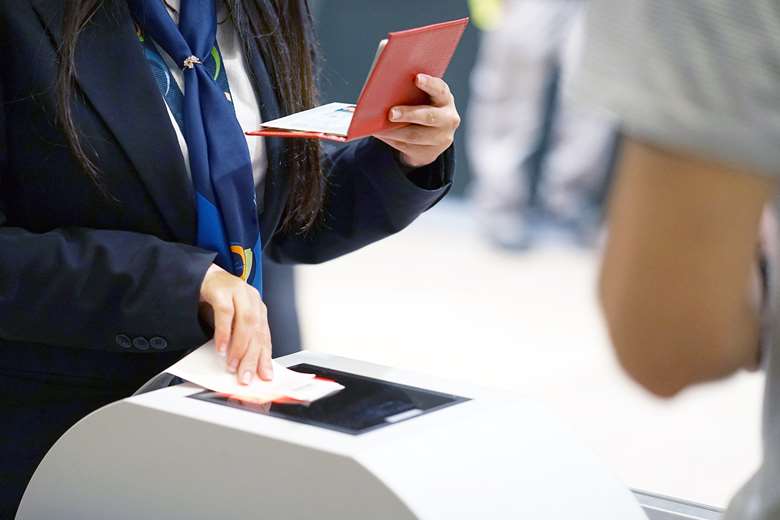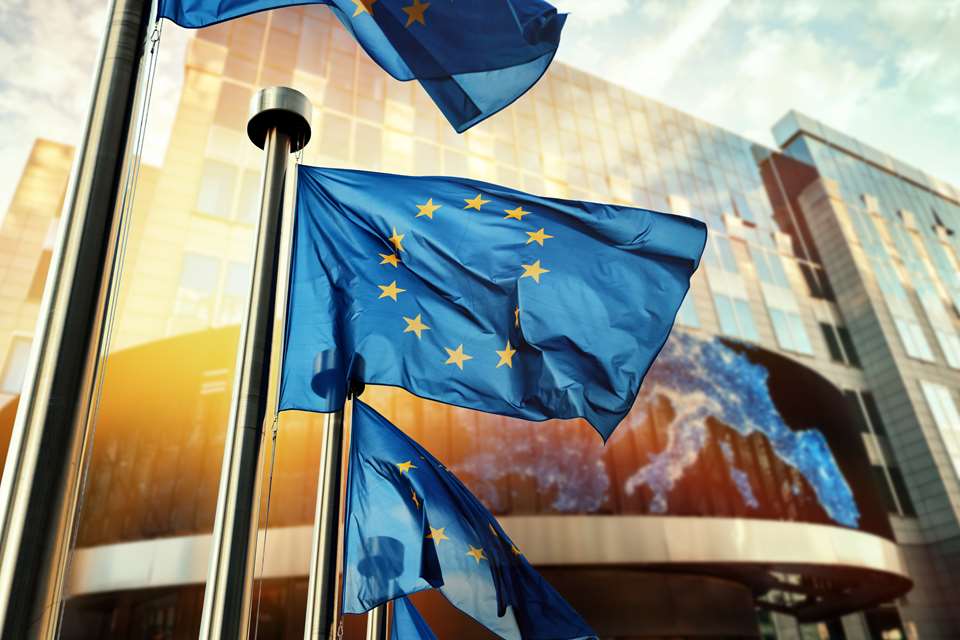The continuing impact of Brexit on touring musicians
Liam Budd
Monday, May 10, 2021
The ISM’s senior external affairs & policy manager Liam Budd shares the organisation's latest report, which focuses on the personal stories of music professionals who have had their livelihoods disrupted as a result of Brexit


Register now to continue reading
Don’t miss out on our dedicated coverage of the classical music world. Register today to enjoy the following benefits:
- Unlimited access to news pages
- Free weekly email newsletter
- Free access to two subscriber-only articles per month



